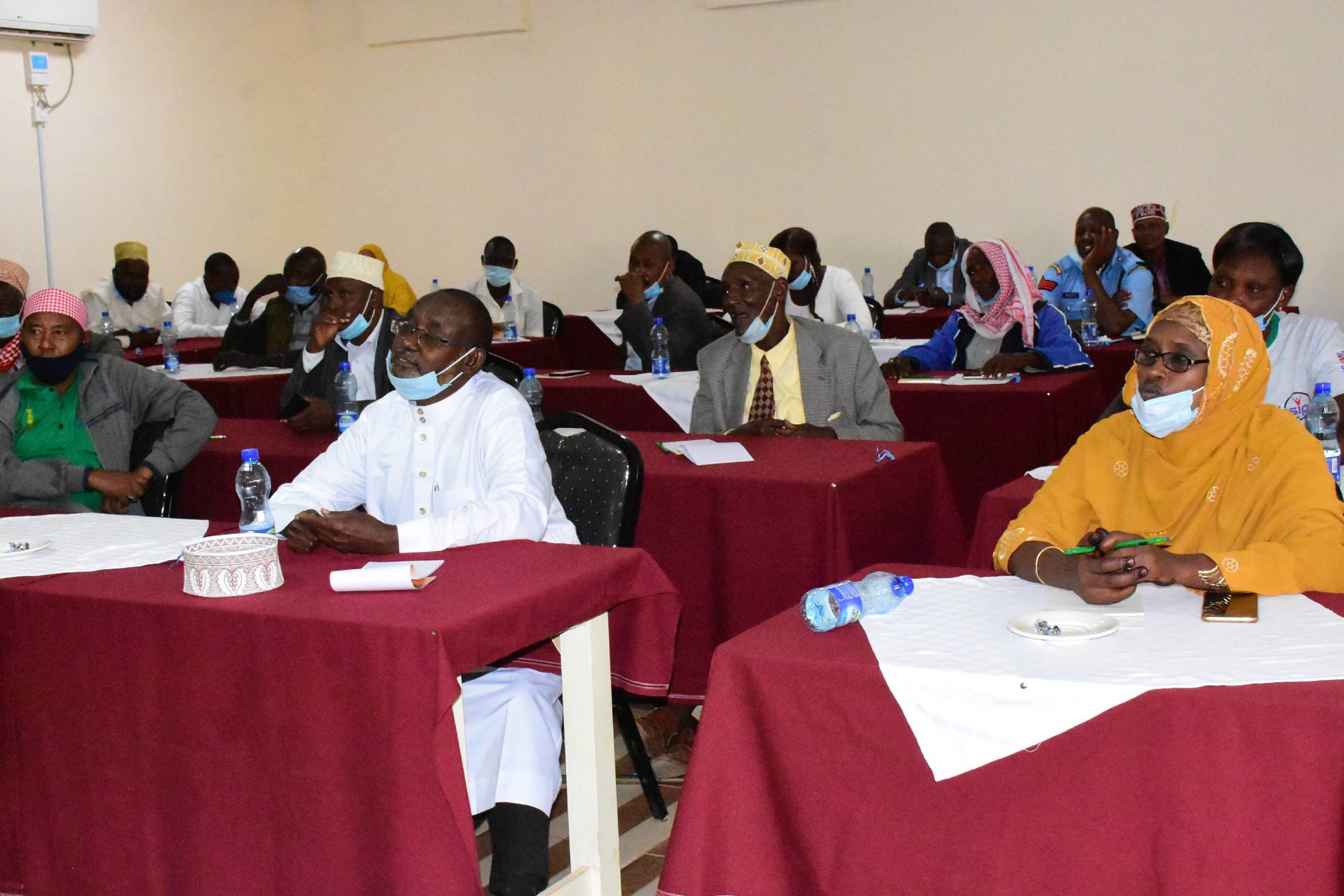Climate Justice
Posted on 14 January, 2023

Climate justice refers to the idea that the impacts of climate change disproportionately affect marginalized and vulnerable communities and that addressing these impacts must include a focus on social and economic justice. Climate justice encompasses a wide range of issues, including:
- Environmental justice: ensuring that the impacts of climate change and efforts to address it do not disproportionately harm marginalized communities, including communities of color, low-income communities, and indigenous communities.
- Economic justice: addressing the unequal distribution of costs and benefits associated with climate change, including the disproportionate burden shouldered by low-income communities.
- Social justice: ensuring that the rights and needs of marginalized communities are taken into account in efforts to address climate change, including the rights of women, children, and other vulnerable groups.
- Human rights: recognizing that climate change impacts can threaten the basic human rights of communities, including the right to life, the right to food, and the right to housing.
Climate justice also includes the recognition that the causes of climate change are rooted in historical and current patterns of inequality and injustice, including the over-consumption of resources by wealthy nations and the exploitation of marginalized communities. Therefore, it requires a comprehensive approach that addresses not just the symptoms of climate change but also its root causes.
Climate justice movements and organizations work to advocate for policies and practices that address these issues and promote the rights and well-being of marginalized communities in the face of climate change.